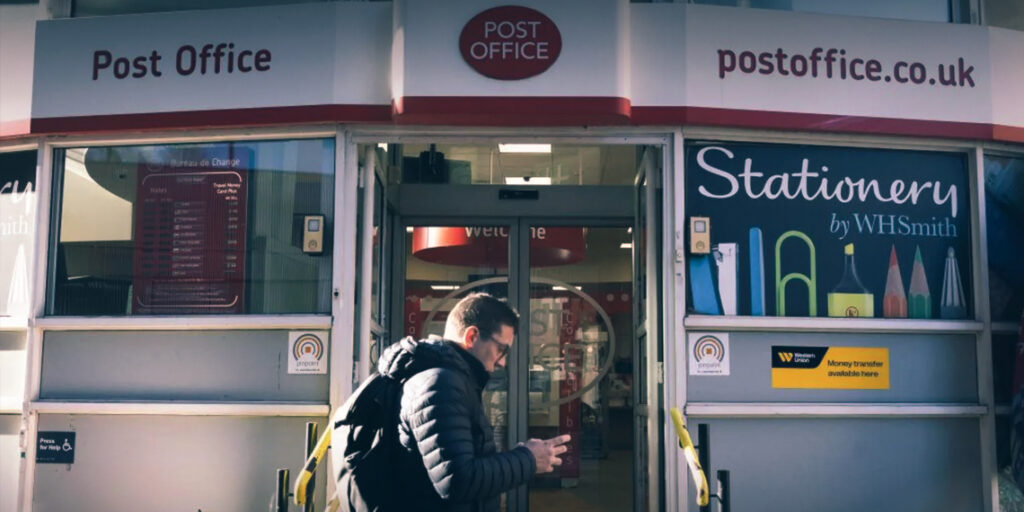Up to 115 Post Office branches and hundreds of head office jobs may be cut as part of a major overhaul of the business. The Post Office is exploring new options for its wholly-owned branches, which currently employ around 1,000 staff and are incurring losses. Proposed changes include potential franchise arrangements that could involve operators like WHSmith or other third parties taking over the branches.
The Communication Workers Union (CWU) criticized the move, labeling it “immoral” and “tone deaf” given the ongoing Horizon IT scandal inquiry. The government-owned Post Office operates 11,500 branches across the UK, primarily through franchise arrangements, with 115 Crown Post Offices that are typically located in city centers and staffed by Post Office employees.
Nigel Railton, the Post Office’s new chairman, is leading the strategic review aimed at transforming the organization’s operational structure. This comes amid challenges such as increased competition from parcel delivery firms like Evri and a decline in letter mail, which has negatively affected branch revenues. The restructuring aims to place the business on a stronger financial footing, coinciding with the final stages of the Horizon IT scandal inquiry.
The Horizon scandal, which ran from 1999 to 2015, saw hundreds of sub-postmasters wrongfully prosecuted due to faulty computer software that falsely suggested financial discrepancies. On Wednesday, Railton addressed sub-postmasters, emphasizing the urgent need for a “fresh start” and proposing a “new deal” that places sub-postmasters “at the heart” of the Post Office’s future strategy.
The Post Office has become increasingly dependent on government subsidies and retail operations, reporting pre-tax losses of £81 million for the 2022-23 fiscal year. Railton acknowledged that nearly half of its branches are either unprofitable or generate minimal profits from core Post Office activities. Over the past decade, sub-postmasters’ earnings have stagnated due to these challenges.
Under the proposed plan, more than £250 million annually would be directed to sub-postmasters by 2030, contingent on government funding. Planned improvements include enhancing banking services for customers at branches and introducing a “lower-risk, better value” IT system for sub-postmasters.
Concerns about the reliability of the Horizon system persist. On Monday, Fujitsu’s European boss admitted to not knowing if the system is currently reliable, and a September survey revealed that nearly 70% of sub-postmasters had experienced unexplained discrepancies since January 2020.
Dave Ward of the CWU said that the Post Office appeared to have “learned no lessons from its past chaotic mistakes.” He added, “CWU members, as victims of the Horizon scandal, now face job insecurity just before Christmas—a cruel blow.”
Post Office Minister Gareth Thomas recently acknowledged the organization’s pivotal moment, announcing a government-commissioned review to determine its future direction. The overhaul also threatens hundreds of head office jobs, with Railton indicating that “right-sizing” the organization is necessary. Positive discussions with the government on proposed changes and funding have been ongoing, Railton noted.
Business Secretary Jonathan Reynolds suggested during a recent inquiry session that Post Office branches might help fill gaps left by widespread bank closures on British High Streets. However, questions linger about whether this approach is sustainable, given the rise of mobile banking and contactless payment technologies.
In parallel, ministers are considering plans to transfer Post Office ownership to sub-postmasters. Reynolds remarked that the Post Office remains highly valued by the public, who desire a robust future for the service. A spokesperson for the Department for Business and Trade confirmed ongoing discussions with Railton to prioritize sub-postmasters and strengthen the Post Office network for long-term stability.


